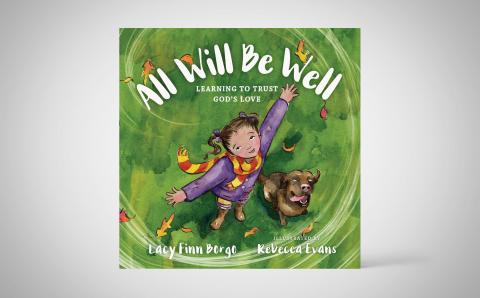Another pastoral visit, another life lesson. I paid a visit to Mrs. Wise, a widow. The Saturday prior she had invited friends over, and in our conversation she related an incident that had occurred that evening.
As so often happens, church, religion, and faith came up in the conversation. But the exchange Mrs. Wise described has stayed with me all these years.
She told me that one of her guests said something off the mark, and his remarks jarred the other guests. They didn’t know how to respond. So none of them did. The man was left thinking quite highly of himself, the wise woman told me.
But he was off the mark, she said. And she was upset with the man. His remarks left her other guests uneasy. They didn’t want to challenge him, so they kept their thoughts to themselves, as did she.
Eventually, following this bump in the road, conversation resumed.
The wise woman went into her kitchen to bring out the refreshments she had prepared. The man followed her, looking for a refill of coffee.
“You were wrong,” the wise woman said. “What you said was wrong, and you hurt some of your friends. You should never have said it.” She was straight to the point.
For more than a minute there was silence in the kitchen.
“I’m sorry I said it,” said the man. “You’re right. What do I do now?”
“Tell our friends what you just told me.”
The wise woman did not mock, embarrass, or belittle the man. She waited for the right time to express her opinion to him. She disagreed with him, believing his words were foolish, but she also did not want him to be regarded as foolish.
Proverbs 26:4-5 (“Do not answer a fool according to his folly, or you yourself will be just like him. Answer a fool according to his folly, or he will be wise in his own eyes”) has been with me ever since I studied Proverbs with Prof. Ray Van Leeuwen at Calvin Seminary. His commentary on Proverbs is my go-to when I study it.
What I learned then and through life experience since is that to know when to respond to a fool or not takes wisdom—the kind of wisdom the book of Proverbs is soaked in. It’s about what fits in what situation. To know what fits takes wisdom.
“A proverb’s wisdom is useless unless it is used at the right time, in the right way, with regard to persons and circumstances that correspond to the saying,” Van Leeuwen writes. “When this happens, a situation or problem is suddenly illuminated. The wise have a sense of appropriate context.”
The wise woman knew when and when not to answer. She wisely kept silent until she could speak to the man in private. When she spoke, her words reached the heart of the man at the right time, moving him to admit and then address his foolishness. She didn’t shame the man, but helped restore his standing among friends.
A wise woman led a man from foolishness to wisdom. Mastering life entails listening to the wise.
I left the woman’s home with much to ponder, grateful God had brought me there.
About the Author
Rev. John Groen is a retired Christian Reformed Church minister who served congregations in Trenton and Richmond Hill, Ont., and Ann Arbor, Mich. He currently resides in Pinckney, Mich.









